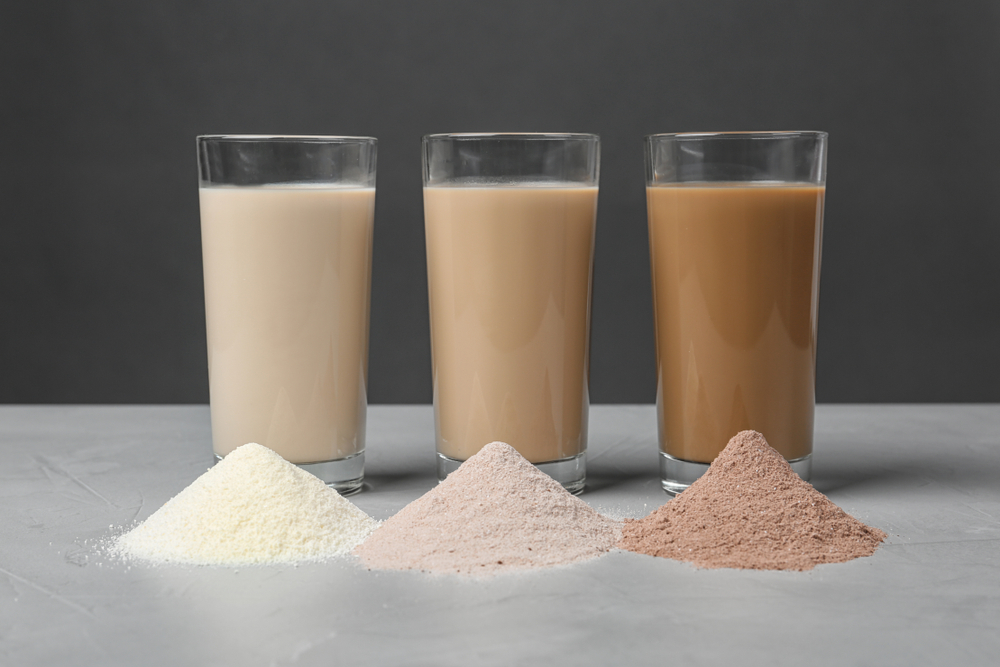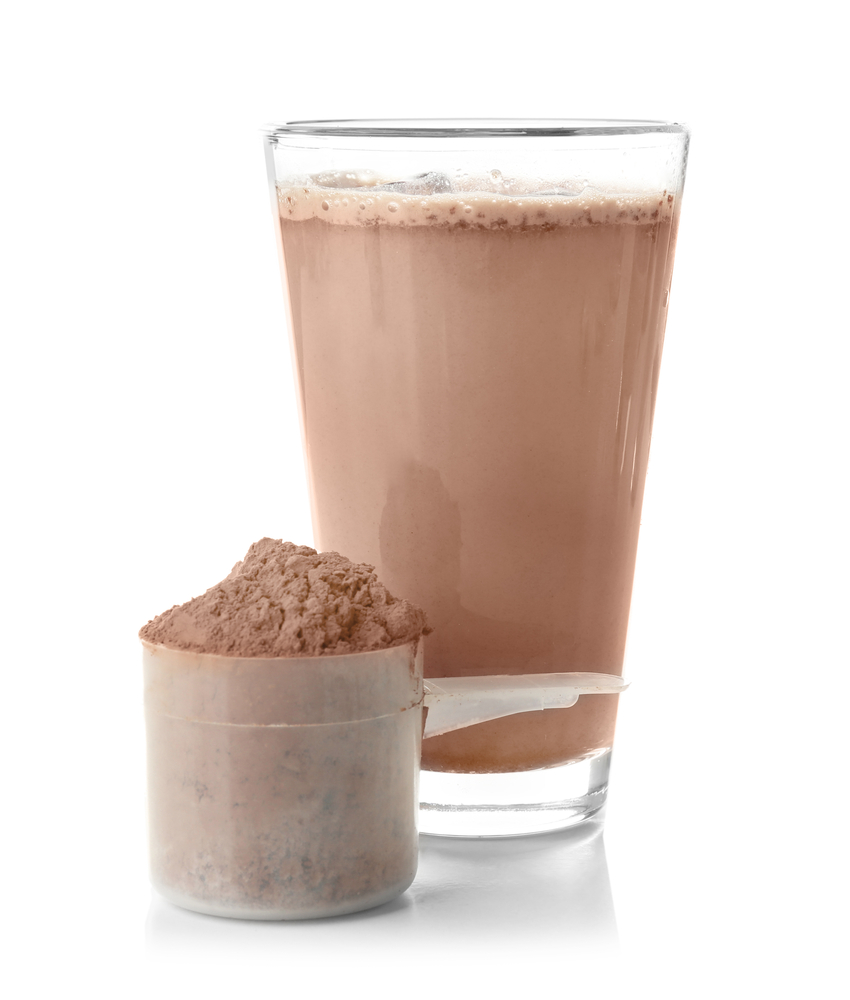Very low-calorie diets (VLCD)

A very low-calorie diet is defined as those with a calorie intake of about 800 calories or less a day. The recommended calorie intake for adults is 2000kcal per day for women and 2500kcal for men.
Due to the large calorie reduction, weight loss on this diet can be fast and significant. However, a very low-calorie diet should not be undertaken without medical supervision or for any longer than 12 weeks.
How does it work?

Typically, the diet involves replacing your normal meals with soups, shakes and bars for a period of time, with the slow reintroduction of other foods.
Rapid weight loss can be extremely motivating but is unsustainable in the long term. A VLCD requires regular support and counselling from a healthcare professional to help you change your eating habits longer-term so that you can reintroduce foods successfully and maintain your weight loss.
How effective are they?
If you have a Body Mass Index (BMI) over 30 then a very low-calorie diet may let you lose about 3 to 5 pounds (1.5 to 2 kg) per week, for an average total weight loss of 44 pounds (20 kg) over 12 weeks.
Losing a significant amount of weight may improve weight-related medical conditions such as:
 type 2 diabetes
type 2 diabetes
 high blood pressure
high blood pressure
 high cholesterol
high cholesterol
In addition, weight loss can reduce the risk of conditions such as:
 certain types of cancer
certain types of cancer
 osteoarthritis
osteoarthritis
 acid reflux
acid reflux
In the DiRECT trial, almost half of those that took part in the programme were in remission after a year. By the end of the second year, 70% of those people were still in remission.
Once you finish the programme, you need to change your lifestyle, committing to healthy eating and regular physical activity to maintain the initial weight loss.
Are they safe to follow?
These types of diets should be undertaken through a commercial organisation such as the 1:1 diet, or the NHS Low-Calorie Diet Programme to make sure that you are getting all of the nutrients your body needs and also the supervision and monitoring provided by a healthcare practitioner.
Very low-calorie diets are for adults who are obese or severely obese, defined as having a BMI over 30 or 40 kg/m2. Very low-calorie diets are not recommended for people that are:
- Under 18 years old
- Pregnant
- Breastfeeding
- Have had an eating disorder
- Have a BMI less than 30
If you are on medication for type 2 diabetes that puts you at risk of hypoglycaemia, such as insulin therapy, sulphonylureas or glinides, VLCDs can significantly increase the risk of having hypoglycaemia (blood glucose level below 4 mmol/L).
You should always speak to your healthcare team or GP if you are planning on changing your diet plan so they can help you do this safely.
Are there any side effects
People on a very low-calorie diet for 4 to 12 weeks report minor side effects such as fatigue, constipation, nausea, and diarrhoea. These conditions usually improve within a few weeks and rarely prevent people from completing the program.
How to find out more
The NHS in England is delivering a new programme which provides a low-calorie diet treatment for people who are overweight and living with Type 2 diabetes, to read more about this and eligibility then please click here.
You can also download a pdf with more info on VLCD by clicking here.
Commercial organisations such as the 1:1 diet by Cambridge Weight Plan also provided a VLCD with expert support that you can pay for. Click here to find out more.



Leave a Reply
You must be logged in to post a comment.